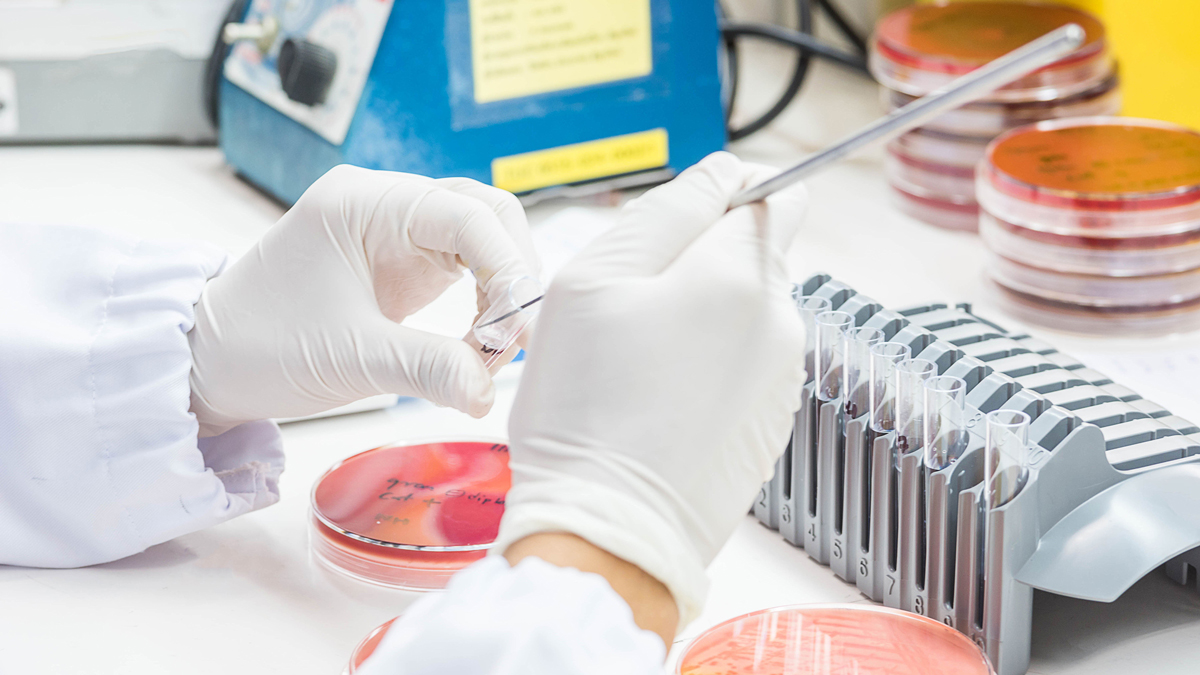Innoviva gets FDA nod for pneumonia antibiotic

The FDA has given a green light to Innoviva’s antibiotic combination Xacduro, which becomes the first drug specifically approved for pneumonia caused by hard-to-treat bacteria Acinetobacter baumannii.
Xacduro (sulbactam/durlobactam) – developed by AstraZeneca spinoff Entasis which was acquired by Innoviva last year – can now been used to treat adults with hospital-acquired bacterial pneumonia (HABP) and ventilator-associated bacterial pneumonia (VABP) caused by susceptible strains of the pathogen.
Acinetobacter species are top of the World Health Organization (WHO) list of bacterial pathogens that pose the greatest threat to human health, with growing antimicrobial resistance (AMR) to last-resort antibiotics like colistin, tigecycline, and carbapenems causing a desperate need for new treatment options.
One particular problem with A. baumannii is its ability to form biofilms and resist disinfectants or being dried out, which means it can thrive in hospital settings. Xacduro combines an established beta-lactam drug with a new beta-lactamase inhibitor designed to overcome the mechanisms behind resistance in some strains of the bacteria.
“Acinetobacter poses a significant danger to hospitalised patients, who are generally very ill and particularly susceptible to infections,” said Andrew Shorr, clinical professor of medicine at Georgetown University School of Medicine, who was an investigator in clinical trials of Xacduro.
“Effectively treating infections caused by drug-resistant Acinetobacter is a challenge and makes this patient population in high need of new, effective treatment options,” he added.
The FDA approval hinges on the phase 3 ATTACK trial, which has just been published in The Lancet Infectious Diseases. The study found that Xacduro was non-inferior to colistin, both drugs given in combination with imipenem–cilastatin, on the main outcome measure of 28-day all-cause mortality.
Among patients who received Xacduro, 19% (12 of 63) died, compared to 32% (20 of 62 patients) who received colistin.
The intravenously-administered antibiotic was approved after a priority review by the FDA, which said it addresses “a high unmet medical need by providing an additional treatment option for some of the sickest patients in our nation’s hospitals.”
Innoviva said it plans to make Xacduro available to patients later this year, adding to the short list of new FDA-approved antibiotics in recent years.
A Biotechnology Innovation Organization (BIO) report published last year concluded that the current antibacterial pipeline – hit by the near wholesale retreat of big pharma from the category in recent years – is inadequate to meet the growing threat of antibiotic-resistant pathogens.
The lack of investment reflects the widely-accepted view that the market for antibiotics is broken, with new agents reserved for last-line use when older drugs are ineffective. Efforts to introduce a new model – including the UK’s pilot of a subscription-based payment system – have yet to stimulate much renewed enthusiasm among drug developers.
Earlier this week, the UK government announced another £39 million ($$48 million) in funding for AMR research, including up to £25 million to support the early development of new antibiotics, vaccines, and rapid diagnostics.
UK pharma trade organisation the ABPI said the cash was a positive step, but called for “multiple global solutions” that bring together governments, healthcare systems, and the industry to tackle the problem.
AMR is thought to claim millions of lives across the world a year, with one in five of these deaths in children under the age of 5.












